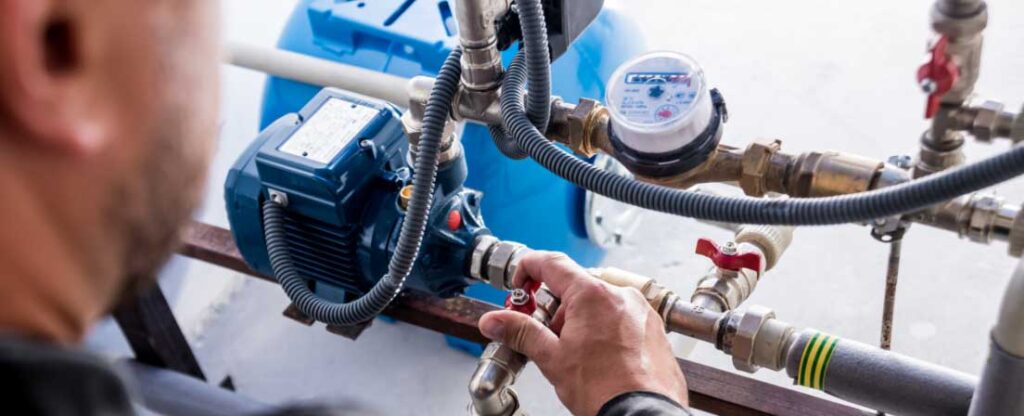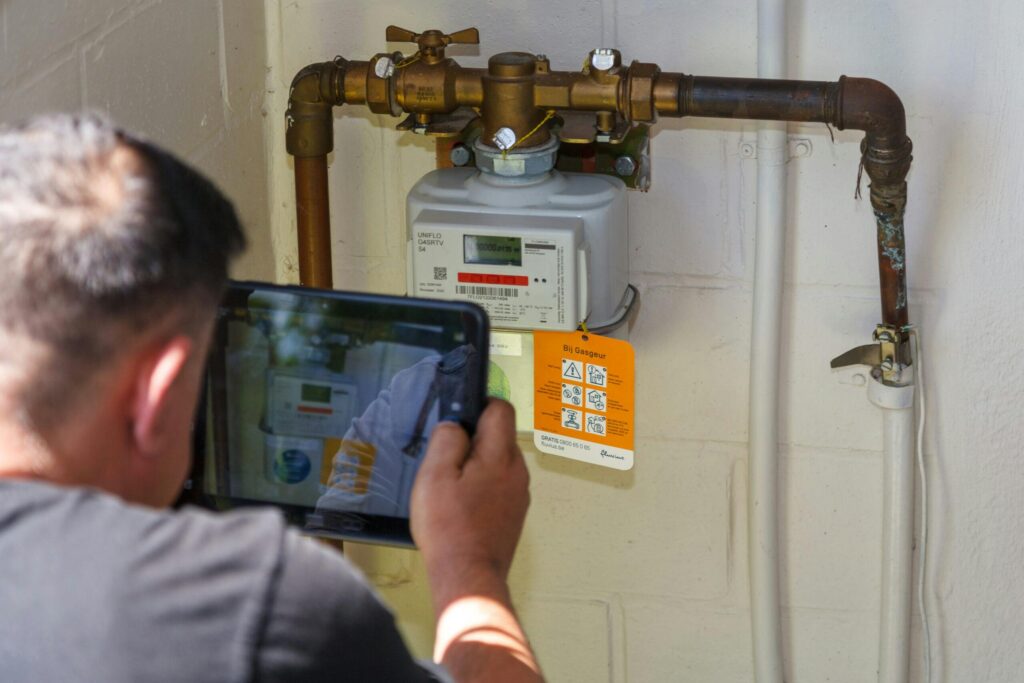Plumbing and Smart Meter Technology: What You Need to Know
Smart technology has revolutionized many industries, and plumbing is no exception. One of the most transformative innovations in recent years is the integration of smart meter technology into residential and commercial plumbing systems. This fusion of plumbing and digital intelligence helps homeowners, property managers, and utility providers better manage water usage, detect problems early, and improve overall efficiency. Understanding how smart meters work and how they can benefit your plumbing system is essential in today’s tech-forward world.

Understanding Smart Meter Technology
Smart meters are digital devices that record and transmit water usage data in real time. Unlike traditional analog meters, which require manual reading, smart meters automatically send usage data to the water utility provider through wireless or cellular networks. These devices typically measure the volume of water flowing through a property’s plumbing system and often include advanced features like leak detection, usage analytics, and customizable alerts.
By providing up-to-the-minute insights into how much water is being used, smart meters enable homeowners and building managers to make informed decisions about water conservation. They also help utility companies detect anomalies in usage that could signal leaks, broken pipes, or unauthorized use.
How Smart Meters Interact with Plumbing Systems
Smart meters are typically installed at the point where the municipal water supply enters a home or building. From this location, the meter monitors all water flowing through the property. In addition to basic usage tracking, some smart meters are equipped with sensors that can detect sudden spikes or drops in water pressure, which may indicate leaks or burst pipes.
These smart devices integrate seamlessly with existing plumbing systems and often require little to no modification of the existing infrastructure. They can be part of a larger home automation system, connecting with smart phones or smart home hubs to give users instant access to water usage data. This connectivity transforms the traditional plumbing system into a responsive, dynamic network that helps ensure optimal water management.
Benefits of Smart Meter Technology in Plumbing
One of the most significant benefits of smart meter technology is early leak detection. Even small leaks can lead to significant water loss and damage over time, but many leaks go unnoticed until they cause visible damage. Smart meters can identify unusual water usage patterns and alert homeowners to potential issues before they become major problems.
Another advantage is increased accuracy in billing. Because smart meters record water usage in real time, they eliminate the need for estimated readings or manual meter checks. This means customers are billed only for the water they actually use, and disputes over billing errors become far less common.
Smart meters also encourage water conservation. When homeowners can see exactly how much water they’re using, they tend to become more conscious of their consumption habits. Some smart meter systems provide breakdowns of usage by time of day, allowing users to identify when their water use is highest and take steps to reduce it. This is particularly valuable in areas facing water shortages or restrictions.
Data Security and Privacy Concerns
As with any digital technology, smart meters raise questions about data security and privacy. These devices collect and transmit sensitive data about household water usage, which could theoretically be misused if not properly protected. However, most modern smart meter systems use encrypted communication protocols and secure cloud storage to protect user data.
Consumers should look for smart meters certified by relevant standards organizations and should ensure that their home networks are secure. Choosing reputable manufacturers and installers can go a long way toward minimizing risks.
Installation and Maintenance of Smart Meters
Installing a smart water meter typically involves replacing the existing analog meter with a digital one. This process is usually handled by the local utility company or a licensed plumber. The installation may require the water supply to be temporarily shut off, but it’s generally a quick and non-disruptive process.
Once installed, smart meters require little maintenance. Because they have no moving parts and are sealed against the elements, they tend to be more durable than traditional meters. Most issues can be diagnosed remotely by the utility provider, and firmware updates can be sent over the air to keep the device running smoothly.

How Smart Meters Support Sustainable Living
Water conservation is more critical than ever, and smart meter technology plays a crucial role in supporting sustainable living. By giving users access to real-time data, smart meters empower individuals to make environmentally responsible decisions. Whether it’s reducing the frequency of lawn watering or identifying inefficient appliances, users can tailor their habits to lower their water footprint.
In multi-unit residential buildings or commercial properties, smart meters can provide detailed insights into individual unit consumption. This enables fair billing practices and motivates tenants or employees to use water more efficiently.
Municipalities also benefit from this technology. Smart meter data allows cities to detect leaks in public water infrastructure more quickly, reducing water loss and improving the reliability of the overall water supply system.
Smart Meters and Future Plumbing Trends
As the Internet of Things (IoT) continues to expand, plumbing systems are likely to become even more intelligent. Future innovations may include smart valves that can automatically shut off water flow in the event of a detected leak, or systems that adjust water pressure and temperature based on usage patterns. Integration with other smart home systems could lead to fully automated bathrooms and kitchens that maximize efficiency and convenience.
Plumbers will increasingly need to be trained in the installation and maintenance of these advanced systems. This shift will create new opportunities and challenges in the plumbing industry, requiring a blend of traditional plumbing skills and digital literacy.
The Cost of Smart Meter Technology
While the upfront cost of smart meter installation can be higher than traditional meters, many users find that the investment pays off quickly. The ability to detect leaks early, avoid billing discrepancies, and conserve water can lead to significant savings over time. Many utilities offer rebates or incentives to encourage the adoption of smart meters, which can help offset initial costs.
Property owners should consider the long-term value of this technology rather than focusing solely on the purchase price. The peace of mind that comes from knowing your plumbing system is monitored 24/7 is often worth the investment.